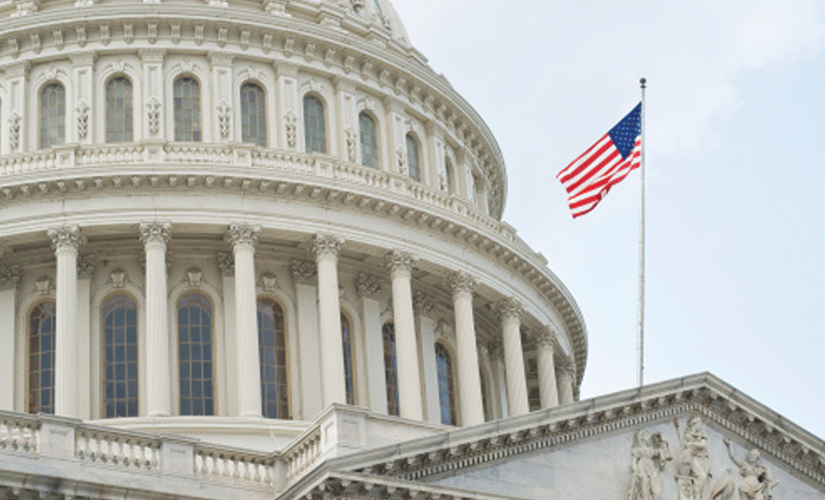Key Issues from Title VIII of the 2020 NDAA

Title VIII of the FY2020 National Defense Authorization Act (NDAA) articulates policy regarding acquisition management and regulation, and several changes introduced in this Title have the potential to greatly affect the defense industrial base.
Multiple sections were dedicated to accelerating or modifying the reporting requirements for the acquisitions process. The first section of the title, section 800, authorized the creation of rapid acquisitions pathways for software upgrades intended to be fielded within one year. Further writing by Congress indicates that this is intended to be a first step towards achieving upgrades to software-intensive systems in six-month increments. Section 825 removes the sunset clauses on ten existing pilot processes for rapid contracting and pricing programs, and removes the ten program cap allowing the Secretary of Defense to extend these practices to additional programs on a pilot basis.
Attention was given to modifying the contract reporting process, with respect to both offerors and congressional overseers. Section 803 modifies US code such that if offerors do not make a good faith effort to work with a contracting officer’s reasonable request for data beyond certified costs are ineligible for reward. It also amends the requirements for determining reasonable pricing, prohibiting contracting officers from basing their decision solely on historical price data. Section 830 tasked the Secretary of Defense to propose alternative mechanisms and thresholds for reporting on the status of major defense acquisition programs to Congress.
Significant attention was also paid to protections for the defense industrial base and its workers. Sections 845 and 847 obligated the Secretary of Defense to modernize efforts to mitigate risk to the supply chain and risks presented by foreign ownership. Congress indicated that risk mitigation must continue throughout the contracting lifecycle and will affect contracting management and oversight. Section 885 looks to strengthen DOD’s commitment to nondiscrimination by initiating debarment proceedings for firms attempting to contract with DOD that lack employee policies penalizing sexual harassment.
The sections outlined here offer only a limited insight into all the changes made by Title VIII, but they are indicative of a couple of larger trends in congressional priorities. Congress has indicated a greater interest in reporting and the integrity of the industrial base. Multiple sections near the end of the title also indicate that Congress will press DOD to align with the current administration’s efforts to prioritize human rights. These trends are a mixed blessing for the defense industry, as stronger protections for workers and businesses will be met with increased government oversight. Going forward, it will be important for members of industry to continue to monitor the trends and specific provisions laid out in Title VIII to understand how it will affect defense contracting.
For more information on important changes to acquisition policy, see the House and Senate Armed Service Committee summaries of the NDAA here and here.
Topics: Acquisition, Legislative Information


Comments (0)